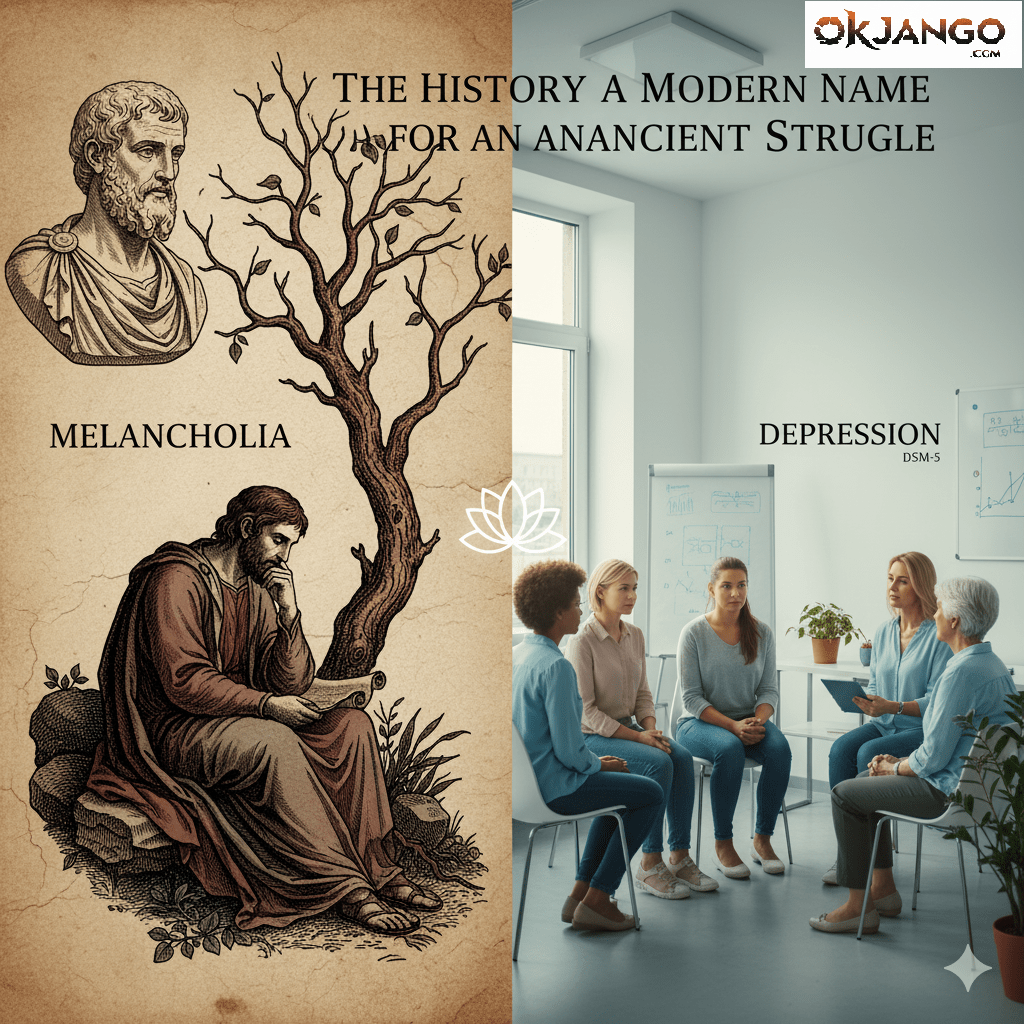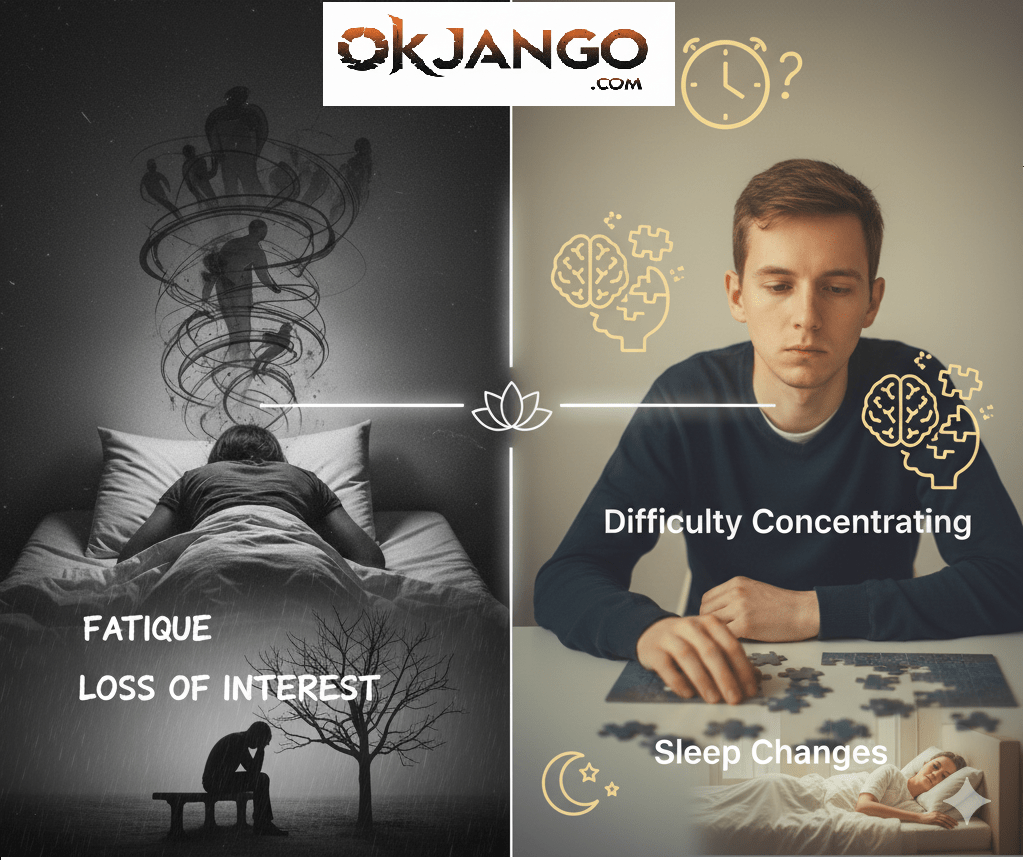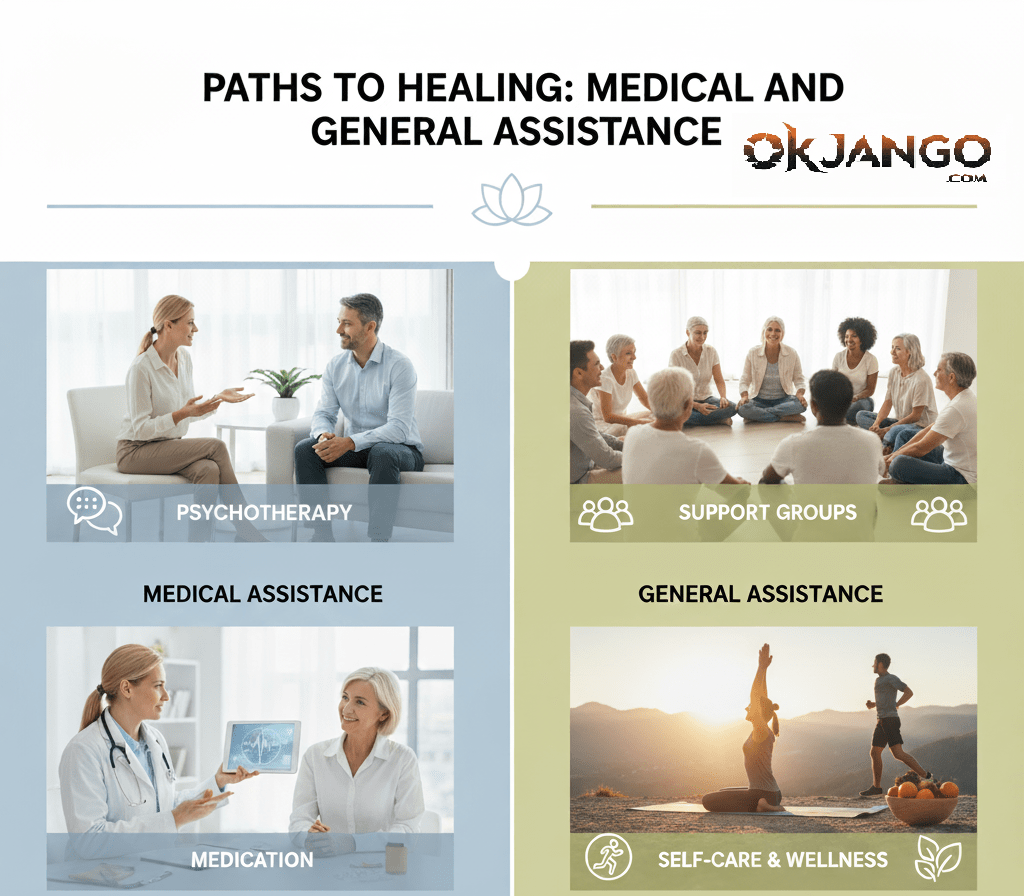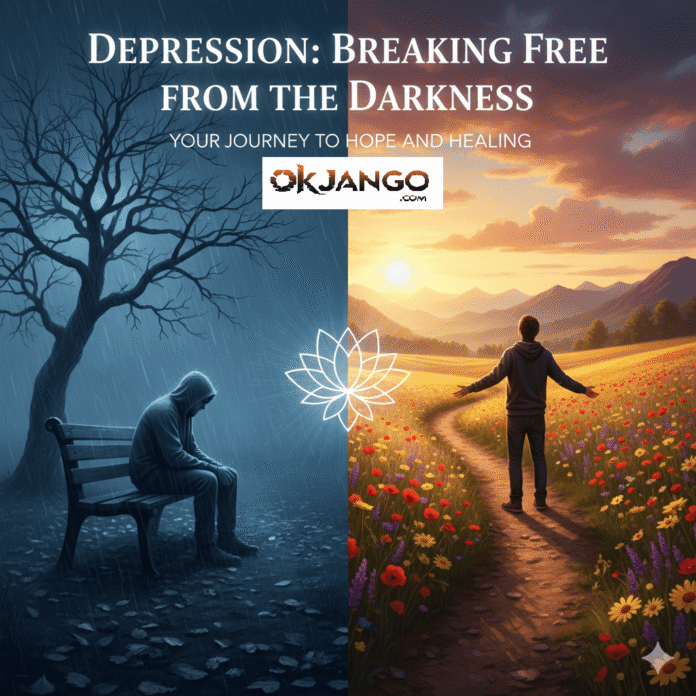What is Depression?
We all have days where we feel sad or low on energy. However, when that feeling of sadness is intense, lasts for weeks or months, and impacts your daily life, it might be something more. In essence, depression is a serious medical illness that affects your thoughts, feelings, and how you act. Consequently, it’s not a sign of weakness or something you can just “snap out of.” On the contrary, it’s a real, treatable health condition, just like diabetes or heart disease. The good news is that with the right support, you can, in fact, manage it and live a full, happy life.
The History of a Modern Name for an Ancient Struggle

The struggles we now call depression have been recognized for thousands of years. In fact, the earliest written accounts of what is now known as depression appeared in Mesopotamia in the second millennium B.C.E. Ancient Greek physician Hippocrates even referred to it as “melancholia,” a term he believed was caused by an imbalance of the body’s four humors. He, therefore, recognized it as a serious condition that required specific treatments.
While the condition itself has a long history, the term “depression” as we use it today didn’t become popular until the late 20th century. Before then, people often used terms like “nerves,” “stress,” or “nervous breakdown.” The shift happened gradually, especially from the 1970s onward, as new research and the publication of the Diagnostic and Statistical Manual of Mental Disorders (DSM) brought a more standardized and medical approach to mental health.
Common Symptoms of Depression

Depression can affect people in different ways, but there are some common signs to look out for. If you or a loved one have experienced five or more of these symptoms for at least two weeks, it’s a good idea to seek professional help.
Emotional and Psychological Symptoms
- A persistent sad, anxious, or “empty” mood.
- Loss of interest or pleasure in hobbies and activities.
- Feelings of worthlessness, hopelessness, or guilt.
- Trouble concentrating, remembering details, or making decisions.
- Irritability or restlessness.
- Thoughts of death or suicide.
Physical and Behavioral Symptoms:
- Changes in appetite, leading to weight loss or gain.
- Sleep disturbances (insomnia or sleeping too much).
- Lack of energy or fatigue.
- Unexplained aches and pains.
- Moving or speaking more slowly than usual.
- Avoiding social contact.
What Can Loved Ones Do?
If someone you care about is struggling, your support can make a huge difference. While you can’t fix their depression, you can be a vital part of their recovery. Here are some of the actions you can take:
Be patient. Recovery takes time. Acknowledge their small victories and remind them of their positive qualities.
Listen without judgment. Let them know you’re there for them and are willing to listen. Avoid telling them to “cheer up” or comparing their situation to others. Just listening can be incredibly powerful.
Encourage professional help. Suggest they see a doctor or therapist. Offer to help them find a professional or even go with them to an appointment.
Offer practical help. Depression can make simple tasks feel overwhelming. Offer to help with daily chores, cooking, or errands.
Stay in touch. A simple text or call can let them know you’re thinking of them. Don’t put pressure on them to reply or socialize, but let them know you’re there.
Paths to Healing: Medical and General Assistance
Treatment for depression, in most cases, involves a combination of different approaches. Ultimately, what works for one person might not work for another. Therefore, it’s essential to work with a healthcare professional to find the right combination for you.
- Medical Assistance:
- Psychotherapy: Often called “talk therapy,” this involves talking with a trained therapist to work through feelings and develop coping strategies. Common types include cognitive-behavioral therapy (CBT) and interpersonal therapy (IPT).
- Medication: Antidepressant medications can help regulate brain chemistry. A psychiatrist or other medical doctor can determine if medication is a good option and find the right one for you.
- Other Treatments: For severe or treatment-resistant depression, other options like electroconvulsive therapy (ECT) or transcranial magnetic stimulation (TMS) may be considered.
- General Help:
- Self-Care: Simple activities like regular exercise, a balanced diet, and getting enough sleep can significantly impact mood.
- Support Groups: Connecting with others who understand what you’re going through can reduce feelings of isolation and provide a sense of community.
- Mindfulness and Meditation: These practices can help you stay grounded and manage overwhelming thoughts.
Countries Prioritizing Mental Health With Top Depression Assistance
While access to mental healthcare is a global challenge, some countries are recognized for their robust systems and commitment to mental well-being.
Nations in Northern Europe, such as Sweden and Finland, often have comprehensive, publicly funded mental health services that prioritize early intervention. Similarly, Germany and France also have strong public healthcare systems that provide extensive coverage for mental health treatment.
In addition, Canada and the Netherlands are known for their integrated care models, which combine primary care, specialized treatment centers, and community support.
A Message of Hope
Depression is a journey, not a destination. Ultimately, it is an illness that can be treated, and it doesn’t define who you are. While the road to recovery may have its ups and downs, with courage and the right support, a brighter tomorrow is always within reach. Remember, you deserve to feel joy and peace. Taking that first step toward seeking help is, in fact, an act of incredible strength.
Relevant Resources
Mental Health Commission of Canada: https://mentalhealthcommission.ca/resource/where-to-get-mental-health-care/
National Alliance on Mental Illness (NAMI): https://nami.org
World Health Organization (WHO): https://www.who.int/health-topics/depression
Mental Health Commission of Canada: https://mentalhealthcommission.ca/resource/where-to-get-mental-health-care/
Disclaimer
The information provided in this blog post is for general informational and educational purposes only. It is not a substitute for professional medical advice, diagnosis, or treatment. Always seek the advice of your physician, mental health professional, or other qualified health provider with any questions you may have regarding a medical condition. Never disregard professional medical advice or delay in seeking it because of something you have read here. If you are in immediate distress or are experiencing a medical emergency, please contact your local emergency services or a crisis hotline in your area.
Read more blogs at : Okjango.com


